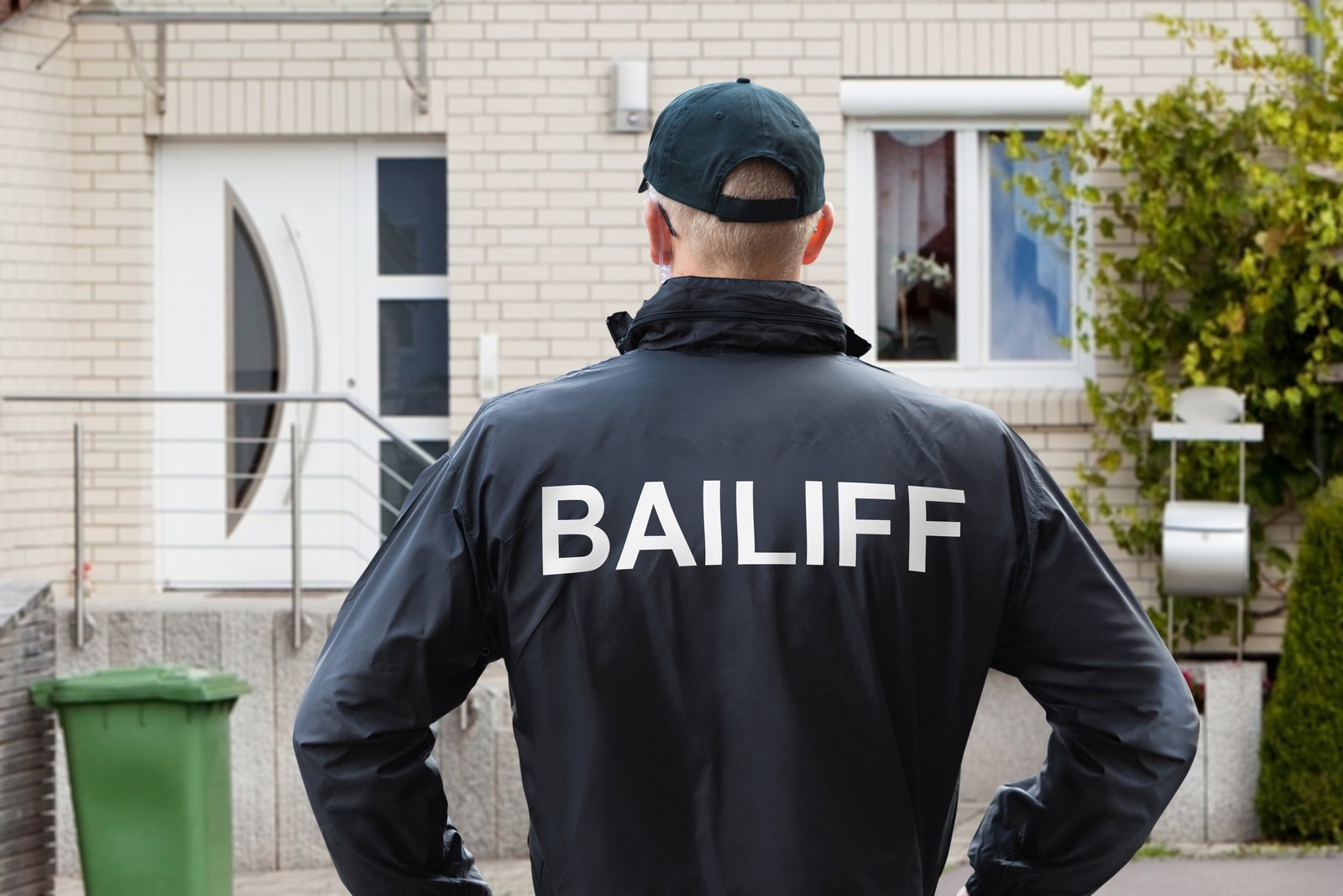If you’re expecting a visit from a bailiff—or get a surprise knock—it can be unsettling. One important question is: “How can I tell if this person really is a bailiff?” Knowing what genuine bailiffs look like, their identification, and how they behave helps you protect yourself. At Bailiff Helpline, we help people verify identities, check legitimacy, and stop unlawful visits.
What a Bailiff Might Wear and How They Identify Themselves
A genuine bailiff may arrive in plain clothes or a company uniform. What matters most is that they can prove their identity and authority. When they visit, they should show:
- A clear photo ID or badge
- Their name and company name
- Their enforcement certificate or warrant document
- A contact phone number for the enforcement company
If they refuse to show this, you have the right to refuse entry.
What Their Vehicle or Equipment Might Look Like
While there’s no universal uniform, many bailiffs will arrive in a marked vehicle or with branded paperwork. You may see:
- A company logo on the vehicle or letterhead
- A cap or badge displayed at the door
- Paperwork stamped with the creditor or court reference
However, just because they look official doesn’t guarantee they are—always check their credentials.
What Behaviours to Expect – and What to be Wary of
A legitimate bailiff will:
- Clearly explain why they’re there and which debt they’re collecting
- Provide a Notice of Enforcement if required
- Act between 6 am and 9 pm (in most cases)
You should be cautious if someone:
- Uses threatening or aggressive language
- Refuses to show ID or paperwork
- Asks for immediate entry or payment without documentation
If you see these red flags, ask them to step away and call Bailiff Helpline.
How to Verify a Bailiff’s Identity and Legitimate Visit
When someone claims to be a bailiff:
- Ask for proof of identity and which company they represent
- Ask for a warrant or certificate and check the details (name, debt reference)
- Check whether you received a Notice of Enforcement in writing at least 7 days ago
- Make sure the debt and visit are valid—check your records or seek advice
If any of these fail, you’re within your rights to refuse or delay entry.
While bailiffs may look professional and carry strong authority, you still have rights. A valid enforcement agent will be able to show you official ID, paperwork, and will act within set legal boundaries. If you’re unsure, contact Bailiff Helpline—we can help you check the person’s credentials, understand your rights and stop unfair visits.







